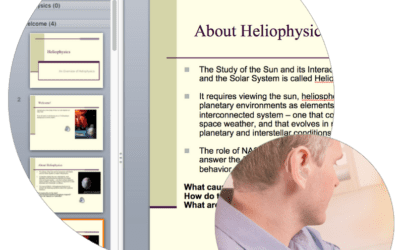Background and Reporting Requirements
Section 508 of the Rehabilitation Act mandates that federal technology be accessible to individuals with disabilities. The law requires the Attorney General to submit reports to the President and Congress detailing the state of federal department and agency compliance with Section 508. These reports ensure that federal technology, including websites, software, and other electronic and information technology (ICT), meets accessibility standards.
Gaps in Reporting
However, the last comprehensive report from the Department of Justice was submitted in 2012. Since then, the landscape of federal technology accessibility has evolved significantly, but the reporting requirements have lagged. Without updated DOJ reports, other federal entities have stepped up to track and manage Section 508 compliance.
GSA and OMB’s Role in Tracking Section 508 Compliance
Since 2013, the Office of Management and Budget (OMB) and the General Services Administration (GSA) have been leading in overseeing federal agency efforts to maintain accessible ICT. They have implemented a program to track and analyze the accessibility of federal technology. This program involves collecting and analyzing data from all 24 Chief Financial Officers (CFO) Act federal agencies, which are mandated to participate, along with other agencies that voluntarily join.
The GSA began collecting data in December 2013 and has continued this process every six months. The data gathered includes information on how well federal agencies adhere to Section 508 standards and their efforts to improve accessibility. This regular data collection helps monitor compliance and identify areas where agencies need to improve.
Recent Section 508 Compliance Findings and Collaborative Efforts
The most recent report, covering data from February 2021 through August 2022, is a collaborative effort between the Department of Justice and the GSA. This report provides a comprehensive overview of federal agencies’ performance regarding Section 508 compliance. It highlights progress, identifies persistent challenges, and recommends enhancing accessibility across federal ICT.
The ongoing efforts by GSA and OMB are vital for maintaining transparency and accountability in federal technology accessibility. They provide valuable insights into how well federal agencies meet their Section 508 obligations and where further improvements are needed. As technology advances, these reports and data collections are crucial in ensuring that federal technology remains accessible to all individuals, regardless of their disabilities.
Want to learn more? Click here.





